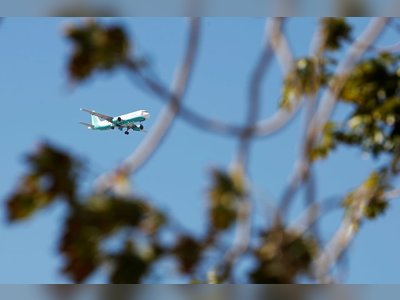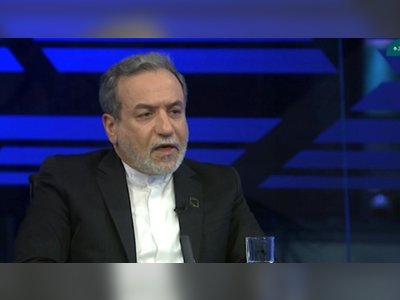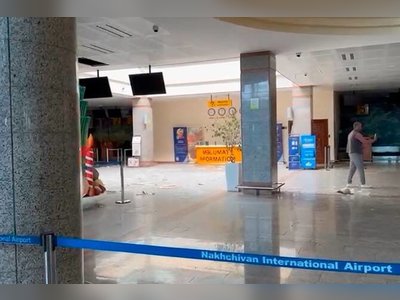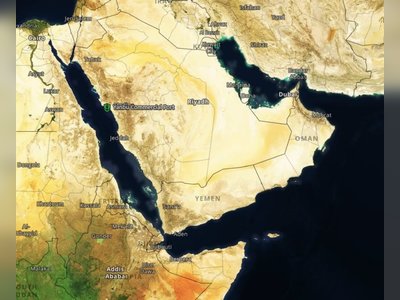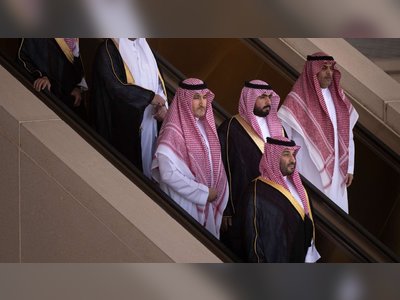0:00
0:00
Trump's Suggestion to 'Seize Control' of Gaza Represents a Significant Shift in US Policy
US President Donald Trump's proposal to 'seize control' of Gaza and displace Palestinians marks a departure from the long-established US stance on Palestinian self-determination.
On Tuesday, US President Donald Trump suggested that Palestinians be permanently removed from Gaza, proposing the area be converted into a new development zone he dubbed 'the Riviera of the Middle East.' This proposal has drawn widespread criticism and marks a significant departure from US backing for a two-state solution in the Israeli-Palestinian conflict.
Opponents argue that this concept could lead to 'ethnic cleansing' and exacerbate regional tensions.
The White House promptly clarified Trump's comments, asserting that the US would not fund the reconstruction of Gaza or commit to deploying troops there.
Secretary of State Marco Rubio defended Trump’s intentions, describing the plan as a 'generous' approach aimed at rebuilding Gaza.
The situation has raised critical questions about US foreign policy, particularly as Israel and Hamas continue ceasefire negotiations following Hamas's attack on Israel in October 2023.
Trump's remarks, including his suggestion to 'clean out' Gaza, have sparked concerns about their potential effects on future peace talks and regional stability.
This proposal is viewed as a shift away from the US's longstanding support for the establishment of a Palestinian state and could significantly influence Middle Eastern diplomacy.
Opponents argue that this concept could lead to 'ethnic cleansing' and exacerbate regional tensions.
The White House promptly clarified Trump's comments, asserting that the US would not fund the reconstruction of Gaza or commit to deploying troops there.
Secretary of State Marco Rubio defended Trump’s intentions, describing the plan as a 'generous' approach aimed at rebuilding Gaza.
The situation has raised critical questions about US foreign policy, particularly as Israel and Hamas continue ceasefire negotiations following Hamas's attack on Israel in October 2023.
Trump's remarks, including his suggestion to 'clean out' Gaza, have sparked concerns about their potential effects on future peace talks and regional stability.
This proposal is viewed as a shift away from the US's longstanding support for the establishment of a Palestinian state and could significantly influence Middle Eastern diplomacy.
